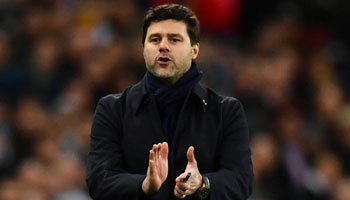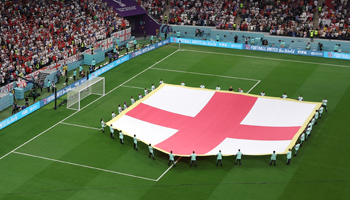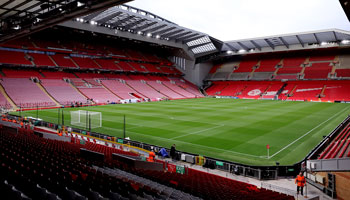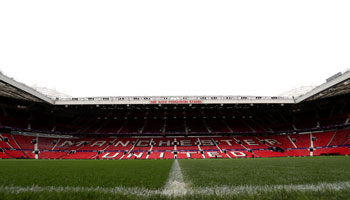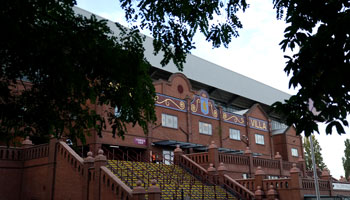Tottenham succumbed to defeat against Manchester United at Wembley this weekend to extend their run of Premier League matches without a draw to a whopping 26, dating back to a 1-1 stalemate at Brighton in April.
Despite such a long sequence without having to share the spoils, Mauricio Pochettino’s side still sit third in the Premier League, so does a lack of draws necessarily mean that there’s a problem?
How much do draws in football affect the league table?
The short answer is that it depends how high up the Premier League table a team is: draws in football seldom affect the title race or the tussle for Champions League qualification, but in the relegation battle they can be crucial.
Only once in the Premier League era would the destination of the title have been changed if all points awarded for draws were wiped out; Arsenal’s first title under Arsene Wenger in 1997/98 would have instead been added to Manchester United’s creaking trophy cabinet.
Only three times in the history of the Premier League has a top-four place been settled by draws, but there have been 11 occasions when one of the three relegated teams would have stayed up if draws were expunged.
Last season, Southampton would have been demoted rather than Swansea if points from draws were removed, while another change to the final league table back in 1997/98 would have been Everton losing their status as a Premier League ever-present and Barnsley surviving for at least one additional season instead.
Which managers seem happy to play for the draw?
We analysed every substitution made in one of the ‘big five’ European leagues over the last three seasons, in matches where the scores were level and at least an hour had passed, to see which managers tend to make attacking and defensive changes, based on the relative positions of the two players involved.
The most aggressive Premier League boss has been Eddie Howe of Bournemouth, who makes an attacking change in around a third of these situations compared to fewer than one in five defensive choices.
The most defensive manager is, somewhat surprisingly, Pep Guardiola of Manchester City, who only makes an attacking change around half as frequently as a defensive one when the scores are level.
Which managers like to kill off games?
We also looked at matches where the team making the substitution was leading by a goal, to see which managers were likely to push for another goal and which tended to play it safe. We looked specifically at substitutions between the 60th and 80th minute, reasoning that the last 10 minutes was too late to start chasing another goal.
Strangely, Guardiola comes out on top here: in the occasions when he made a substitution in this period while a goal up, over 40% of those changes saw a more attacking player brought on.
Tottenham’s recent lack of draws can be partly explained by Pochettino being almost as likely to chase an extra goal.
Which managers like to shut up shop?
The most cautious manager – the one who makes the highest proportion of defensive changes when leading by a goal late on – is Everton’s Marco Silva, who may be more like his pragmatic predecessor Sam Allardyce than many think.
Claudio Ranieri of Fulham and Brighton’s Chris Hughton join Silva in opting to close out a lead by bolstering their defence in these situations.
Join bwin today and receive up to £20 money back as a FreeBet if your first wager at odds of 1/1 (2.0) or greater is a loser! Terms and conditions apply.
Stay close to the action with the bwin app. Access more markets than any other betting provider and scan our in-depth football statistics menu to find and make your bet selections fast. Download now the best betting app.
